|
Getting your Trinity Audio player ready...
|
World Shipping Council Launches AI-Driven Cargo Safety Program to Prevent Ship Fires
The World Shipping Council (WSC) has unveiled its new Cargo Safety Program, an industry-wide initiative that uses artificial intelligence (AI) to detect misdeclared or undeclared dangerous goods before they are loaded onto vessels. The goal is to prevent ship fires, protect crews, safeguard customer cargo, and reduce environmental risks across the global sea freight network.
AI-Powered Cargo Screening
At the core of the program is a digital cargo screening tool developed in partnership with the U.S. National Cargo Bureau (NCB). The platform scans millions of bookings in real time, leveraging keyword searches, trade-pattern recognition, and AI algorithms to flag suspicious shipments. When a potential risk is detected, alerts are sent to carriers for further review and, if necessary, targeted physical inspections.
Common Inspection Standards
Beyond digital screening, the Cargo Safety Program introduces unified inspection protocols for verifying shipments and includes an incident feedback loop to capture lessons from real-world cases. Insights from these incidents are fed back into the AI system to continuously improve detection accuracy and prevention measures.
Industry Support and Urgency
The initiative launches at a critical time: ship fires are at their highest level in over a decade, according to Allianz’s Safety and Shipping Review 2025. Misdeclared dangerous goods account for over 25% of all cargo-related incidents, making them one of the leading causes of maritime fires.
WSC President and CEO Joe Kramek emphasized the need for stronger safeguards:
“We have seen too many tragic incidents where misdeclared cargo led to catastrophic fires, including the loss of life. The WSC Cargo Safety Program strengthens the industry’s safety net by combining shared screening technology, common inspection standards, and real-world feedback to reduce risk.”
At launch, carriers representing more than 70% of global TEU capacity have joined the program, signaling broad industry commitment.
Shippers’ Legal Obligation
While the AI platform adds a powerful new layer of protection, Kramek stressed that it does not replace the legal requirement for shippers to correctly declare dangerous goods under international maritime law. Accurate cargo declarations remain the first line of defense against accidents.
Alarming Data on Cargo Deficiencies
Despite rising awareness, new data reveals that more than one in ten shipments contain deficiencies, underscoring the urgency of proactive measures like AI screening and standardized inspections to protect global sea freight operations.
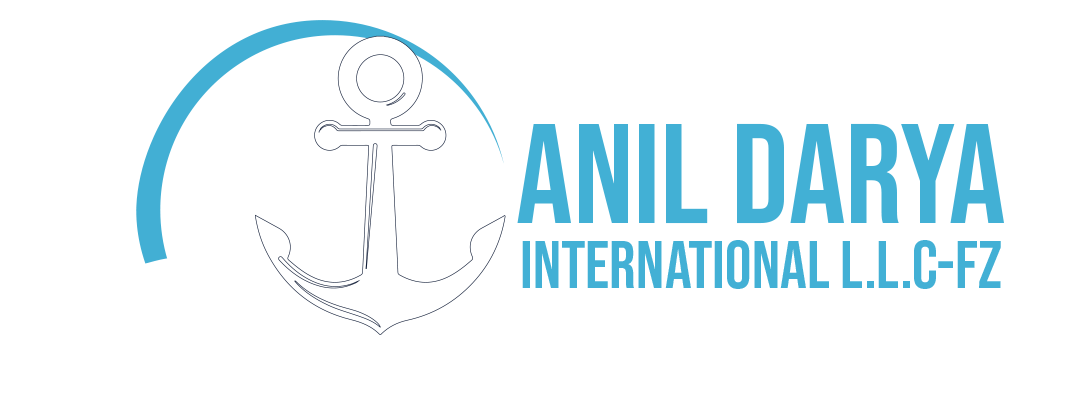
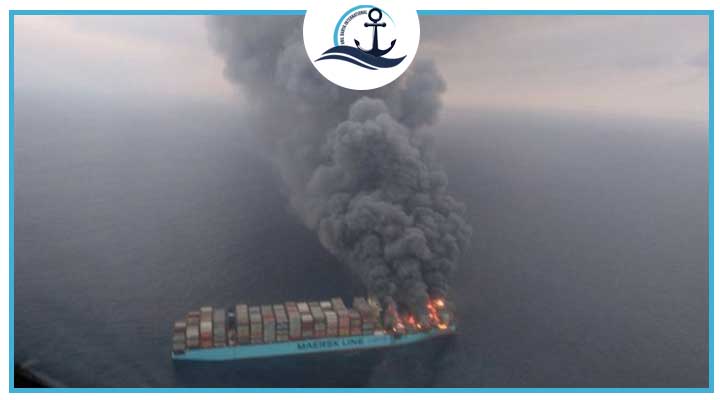
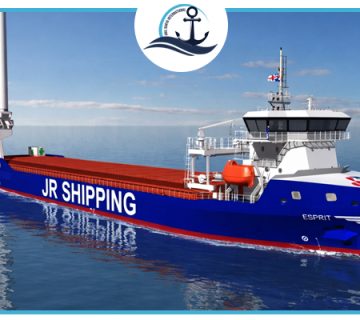
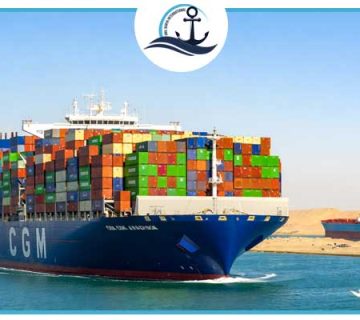
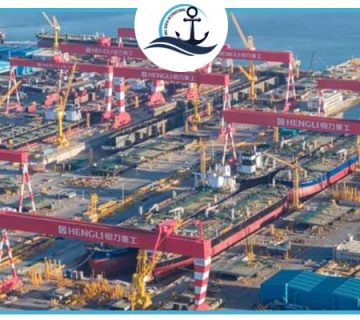
No comment